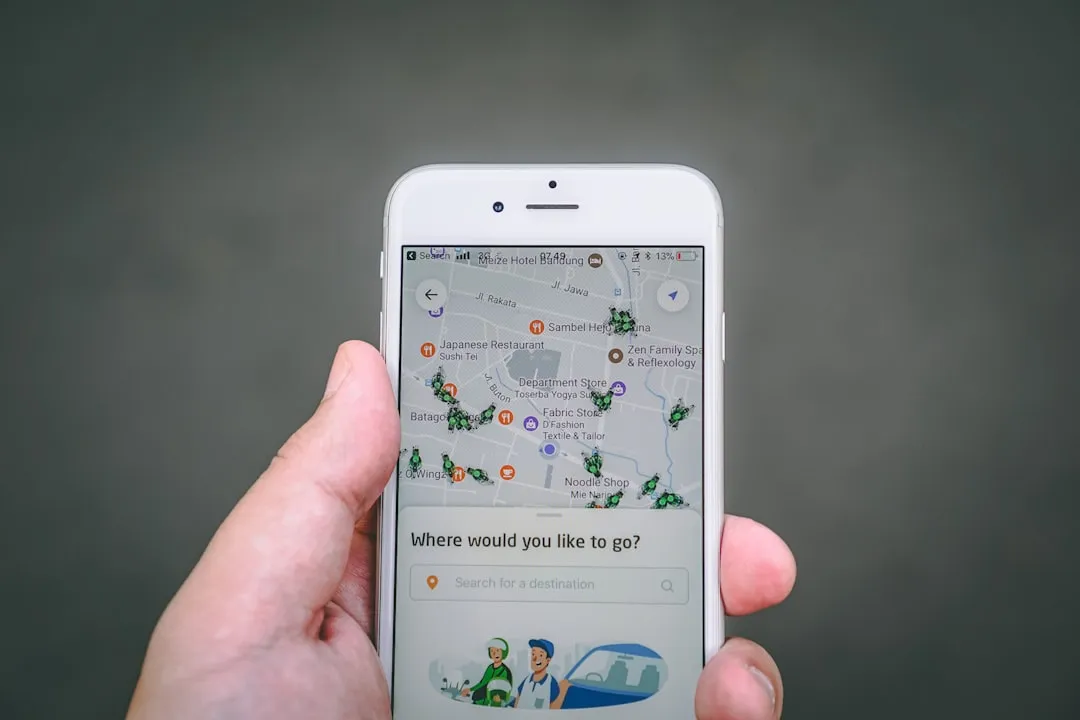Google Chrome just delivered something that feels either brilliant or slightly terrifying, depending on your risk tolerance. The browser's latest autofill update now handles your most sensitive personal information, we're talking passport numbers, driver's license details, and vehicle identification data. Not a minor tweak to autofill, a big leap into managing information that could seriously complicate your life if it slips into the wrong hands.
It builds on the same autofill that already stores addresses, passwords, and payment methods, according to India TV News. Google has also disabled the enhancement by default, as reported by Malwarebytes, a calculated bit of caution that hints at the security trade offs you will want to weigh before switching it on.
What exactly does enhanced autofill remember?
Here's where it gets comprehensive. Chrome can store passport numbers with issue and expiry dates, driver's license numbers with the issuing state or country, and vehicle details like license plates and VINs, according to India TV News. The real win shows up on messy forms, the government portal that calls a passport field "Travel Document ID," or an insurance page that splits your license number across tiny boxes.
Google did not stop at new data types. Chrome now interprets complex layouts, odd field names, and inconsistent formats more reliably, India TV News reports. In practice, that means fewer headaches on those notoriously finicky government portals and rental car sites that feel like they were built by people who never had to use them.
PRO TIP: The rollout is global and covers all languages, with Google planning to support more data categories later, according to the same source. That puts Chrome out in front on everyday digital paperwork.
How Chrome keeps your sensitive data secure
Google has stacked multiple security layers for government identification data, a step up from handling basic contact info. Chrome encrypts everything it stores and only keeps data with explicit consent, and it asks for confirmation before filling sensitive fields, according to India TV News.
The technical approach shows the privacy stakes are taken seriously. Chrome sends generic field labels, think "first name," to Google servers instead of your real details during recognition, as reported by Android Gadget Hacks. It even adds random data to those labels so your actual information stays on your device while the system learns what each field expects, the same source notes.
Here is the trade off. To enable enhanced autofill, Chrome sends the page URL and some content to Google servers for form detection, India TV News explains. Your passport number stays local during this step, but Google can still infer which sites you visit and what kinds of forms you are completing.
Step-by-step: Enabling enhanced autofill on desktop
Because this feature touches sensitive data, turning it on takes a few steps, a nudge to be deliberate. Open Chrome, click the three dot menu in the upper right, then head to Settings, according to India TV News.
In Settings, select "Autofill and passwords" and find "Enhanced autofill," the same source details. Toggle on "Chrome understands forms better and can autofill them faster for you," India TV News reports.
After that, Chrome will detect and offer to fill complex ID forms automatically. It will still ask for confirmation before populating sensitive fields, according to PC World. Think of that prompt as your last checkpoint before any government ID appears on a site.
Who benefits most from this feature?
This feature helps most if you live in digital bureaucracy. Frequent travel forms, visa applications, car rentals, insurance claims, government verification, it can feel like a genuine productivity breakthrough, according to India TV News.
It shines in places with fast growing digital infrastructure, including India, where services such as DigiLocker, e-passports, online driving license renewals, and vehicle verification portals are becoming standard, the same source notes. For frequent business travelers or people juggling multiple vehicles, the time savings stack up quickly.
Better recognition means higher accuracy on travel booking portals, insurance claims, and dealership sites. Less copy paste across endless pages, more streamlined completion, fewer transcription errors, according to Digital Trends. Google plans to expand coverage beyond identification and vehicle data in the coming months, as reported by the same publication.
The privacy trade-off: Convenience vs. security concerns
Time for the elephant in the room. Chrome's security framework is strong, but putting government IDs in a browser with about 72% of the desktop browser market (StatCounter, Sep 2025) creates a high value target for sophisticated criminals, according to Malwarebytes. With dominance at that scale, a single breach could hit hundreds of millions at once.
The risks of compromised government ID data, identity theft and fraudulent document creation, may outweigh convenience for many users, the same source warns. On the other hand, Google has years of practice protecting sensitive financial data in Chrome, so the underlying security has seen real world attacks, as noted by Android Gadget Hacks.
The feature stores data in encrypted form tied to your Google account, and you can access it only after biometric or PIN verification on supported devices, according to Web Pro News. The update also reads as a strategic response to AI first browsers entering the market, by strengthening traditional features, Google aims to keep Chrome dominant while newer competitors focus on AI integration, Android Gadget Hacks reports.
Bottom line: enhanced autofill is real convenience for anyone who wrestles with complex forms, and it also asks you to trust Google with very sensitive information. The call comes down to your risk tolerance versus the time you save by not typing passport numbers and license details over and over. If you live on government portals, travel bookings, or vehicle transactions, the productivity gains may justify the privacy trade offs, especially given Google's track record with financial data protection.























Comments
Be the first, drop a comment!